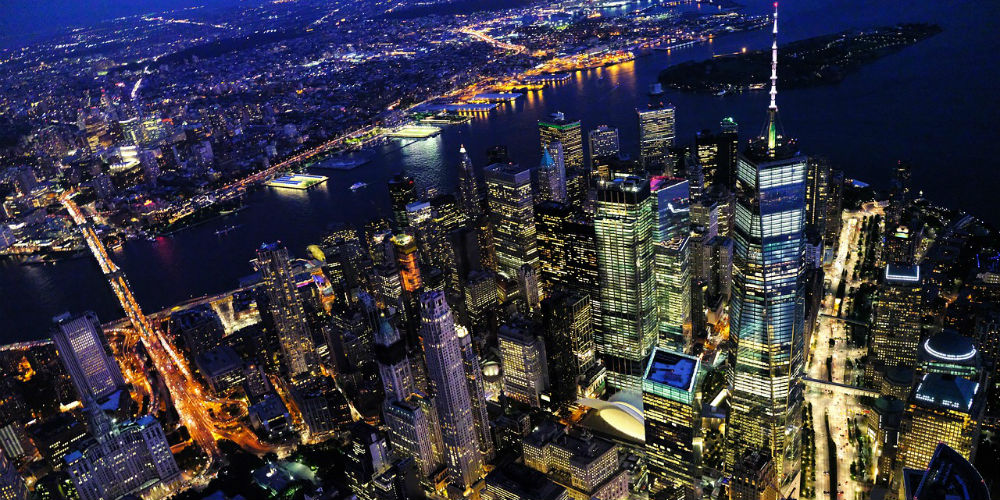According to TechCrunch, the solution to low confidence in the American government could be found in cities, millennial ideals, and technology and data.
Millennials, or people between ages 25 through 34, are “changing notions about life,” due to technology, and “awakening activism” following the election of Donald Trump. TechCrunch says, “With this, there is an opportunity for cities to demonstrate that 1) data and evidence can make urban governance better, 2) City Hall is a dynamic place to work and engage with and 3) cities can tap into residents’ creativity in new and unexpected ways.” Millennials are also settling into cities, with about 3 million projected to live in American cities over the next seven years.
In order for millennials and technology to have a positive effect on government, however, TechCrunch suggests that every city needs to consider putting “processes and policies in place to insert data at the center of their decision-making, with the goal of more effectively solving city challenges and providing the responsive services and engagement opportunities people have come to expect from their tech-savvy world.”
How decision makers can help:
As millennial populations increase in cities, decision makers, companies, and other institutions might see increased opportunities to hire new talent. Incorporating millennials, their ideas, values and insights to a company’s or institution’s workflow can add to increased positive changes in governmental processes and polices, too.
For example, TechCrunch suggests that the government can be positively affected when cities choose to modernize themselves with data and technology within legacy systems. This is because cities are where “Americans viscerally interact with their government,” from roads, to public transportation, and to adopting a more entrepreneurial approach to conducting business.
Technologies, from city websites to social media platforms, products of the millennial generation, can help city residents stay informed on what government officials are working on, have transparent insight on municipal communications (which builds trust in the community), and give citizens easier access to city officials who have the power to enact beneficial change. As a result, a city can proactively create policies and nurture public-private partnerships, which will ultimately address larger communal problems, such as inequality. These practices will “offer an opportunity for cities of all sizes to re-engage millennials (and others) with their democracy,” TechCrunch says.
If you enjoyed this article and want to receive more valuable industry content like this, click here to sign up for our digital newsletters!










[…] is a significant shift in mindset. So much has been written about millennials in the workplace. So many broad […]